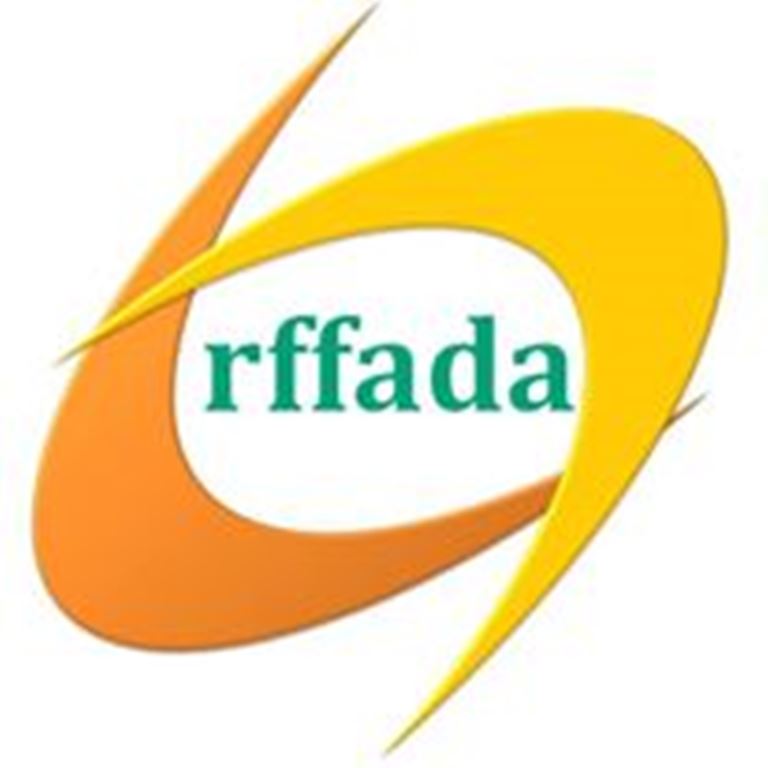The rffada website now has a new page. It is called Tips from Parents and Carers. We are asking for all parents and carers of children with FASD to allow us to publish any tips, strategies or interventions which have been successful in helping your child to manage his or her life or helping you to manage yours. If you would like to contribute please email elizabeth [at] rffada[dot]org. The first one is from Anne whose first tip is for parents and carers themselves.
Caring for the Carer
One of the things that I recommend for you as parents and carers of FASD is to ensure that you look after yourselves. I don’t just mean that as a cliché but as a real activity or series of activities. In the beginning when I first found out about the condition and that my sons both had been affected, I couldn’t even think of getting a massage or taking some time off. Things were so hectic and my anxiety was debilitating. When I wasn’t shaking, I felt nauseated and every time I thought of what my children might have to face in the future my heart sped up and I felt physically unwell. Obviously this level of anxiety is not good for long term health and just can’t be sustained. I ended up having to visit the doctor for anti-anxiety medication because I just couldn’t operate the way I was and my children and family needed me then more than ever.
From discussing this condition with many parents and carers, my experience was not and is not unique.
Once the medication took effect my life settled down and I was able to cope with the daily problems that occurred as a result of having two children with FASD.
At that point in my life I wasn’t proactive about my health. When I couldn’t take any more I did something about it. So as the months went on, every now and then, probably almost daily, the guilt would bowl me over and I would need several hours to recover. Then the grief of knowing that my children would never reach their ‘God-given’ potential would have its turn with me. My boys wouldn’t go to University as I had hoped. Seth wouldn’t fulfil his dream of being a doctor and buying an aeroplane to visit his Aunty Diane in Cardwell; and the encyclopaedias and reference books I had purchased would never be used. I think sometimes that the grief was worse than the guilt.
Then because of the number of close calls with suicide and the police, and every day seeing the obvious pain and strain on my son’s face, I decided I needed to see a counsellor. I’m not embarrassed to admit any of this. I have never met a parent or a carer of a child with FASD who has not experienced the same anxiety, grief and guilt and, as a consequence, sought medication and counselling.
By the time Seth was 19 years old, we had spent so much money trying to keep him out of prison, alive and with no impediments to his future such as a bad credit rating that retiring is now out of the question.
For parents and carers of children with FASD I strongly recommend that you consider being proactive about your physical and mental health and not wait until the inevitable crisis to decide to do something. Think counselling, medication, exercise and eating well – I know, another cliché, but sometimes they are clichés for a reason.
Anne Russell
02022012

